After a year of research into simple, ordinary, human relationships, Iona Lawrence shared her initial findings in Through Thick And Thin. In this report, she illuminated a set of shared concerns, identified through hundreds of conversations around the state of our relationships across a diverse range of people. Here, we outline two ideas for making progress, together, and invite you to join us.
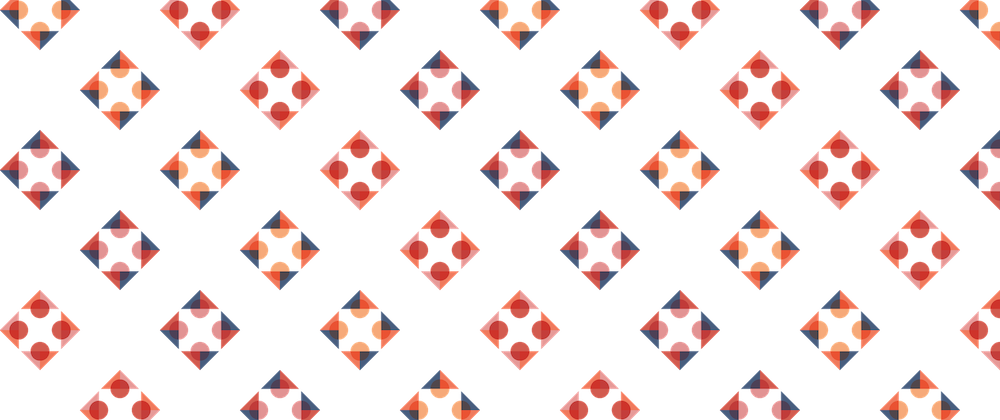
Rooted in the words and wisdom of those who she interviewed, Iona identified a shared and uniting challenge across the emergent field of relationships: that while relationships might be one of the things that makes us human and therefore simple common sense, fostering good relationships in a professional context is all too often considered ‘going the extra mile’.
Our shared and uniting goal is to build a world that is designed for and around relationships: a world where relationships are the first mile, not the extra one.
Despite energy and consensus around this goal, Iona heard that a range of factors get in the way of greater collaboration and collective action across the field in pursuit of this shared goal:
- We tend to focus on the things we disagree on, rather than focus on what we have in common: a commitment to building a world designed for and around relationships
- We don’t know how to best measure relationships, or whether measurement is futile
- We use different, sometimes alienating or confusing language
- The field of relationships reflects inequalities and inequities in wider society
Anyone who is in the game of wrangling people and organisations into collective action knows that moving beyond these sorts of divergences between actors in a similar space or field isn’t easy, especially during the times of change and challenge that we are currently living through. Frankly people have their day jobs to get on with and finding time to connect with others can feel like a lower priority.
So in a bid to get to the heart of what might incentivise people to gravitate towards one another meaningfully within the field, Iona asked what people would like to gain from others. Across all the conversations Immy and Iona identified the following desires:
1. I would like to…find a supportive community of those who share my commitment to relationships
2. I would like to…find others with whom I can develop a shared understanding and language around what we mean by relationships and relationship-centred practices
3. I would like to…find people with whom I can grow by challenging my assumptions and perspectives and ultimately strengthen relationship-centred approaches for change.
4. I would like to…pool evidence, ideas, stories and resources with which I can convince others (eg. policy makers, other organisations and skeptics) of relationship-centred approaches to change
5. I would like to…work with others to bring about the shift to a world designed for and around relationships.
So to get the ball rolling we, The Relationships Project, in partnership with organisations and individuals across the field are hosting a set of experiments for deepening collaboration and building shared infrastructure. And we’d love you to get involved.
1. Join our speaker series on big ideas for a relationship centred world
We are hosting open, welcoming events in which we can come together to discuss big ideas and a vision for a world built around relationships and are looking for people to kickstart these conversations.
Do you have an idea you’re excited about around how we can make relationships the first mile? Or a vision for how your area of work could be transformed if we did? If so, we’d love to hear from you! Please get in touch with iona@ionaconsultancy.com
2. Gather with others around shared challenges
We’re also hosting spaces to dig into challenges that many of us share in trying to put relationships front and centre of what we do. These spaces are open to everyone and we’d love to see lots of you there. The sessions we have planned currently are:
Measurement
On 8th June we’ll be exploring the question of how we can ‘measure’ or demonstrate the added value of relationships. If you’re interested in joining, please RSVP here. And if you have thoughts or ideas you’d like to share ahead of time, please get in touch with immy@relationshipsproject.org
Power
How do we build relationships for social change which actively recognise the uneven distribution of power and practically rebalance? We’re looking to refine this question before building a programme for this one. If you have any thoughts to feed in, please get in touch with david@relationshipsproject.org
Business
On 29th April, Grapevine hosted a summit with business leaders from Coventry and Warwickshire to explore the role of the high street in rekindling lost connections. You can read a summary of the event here.
Read more
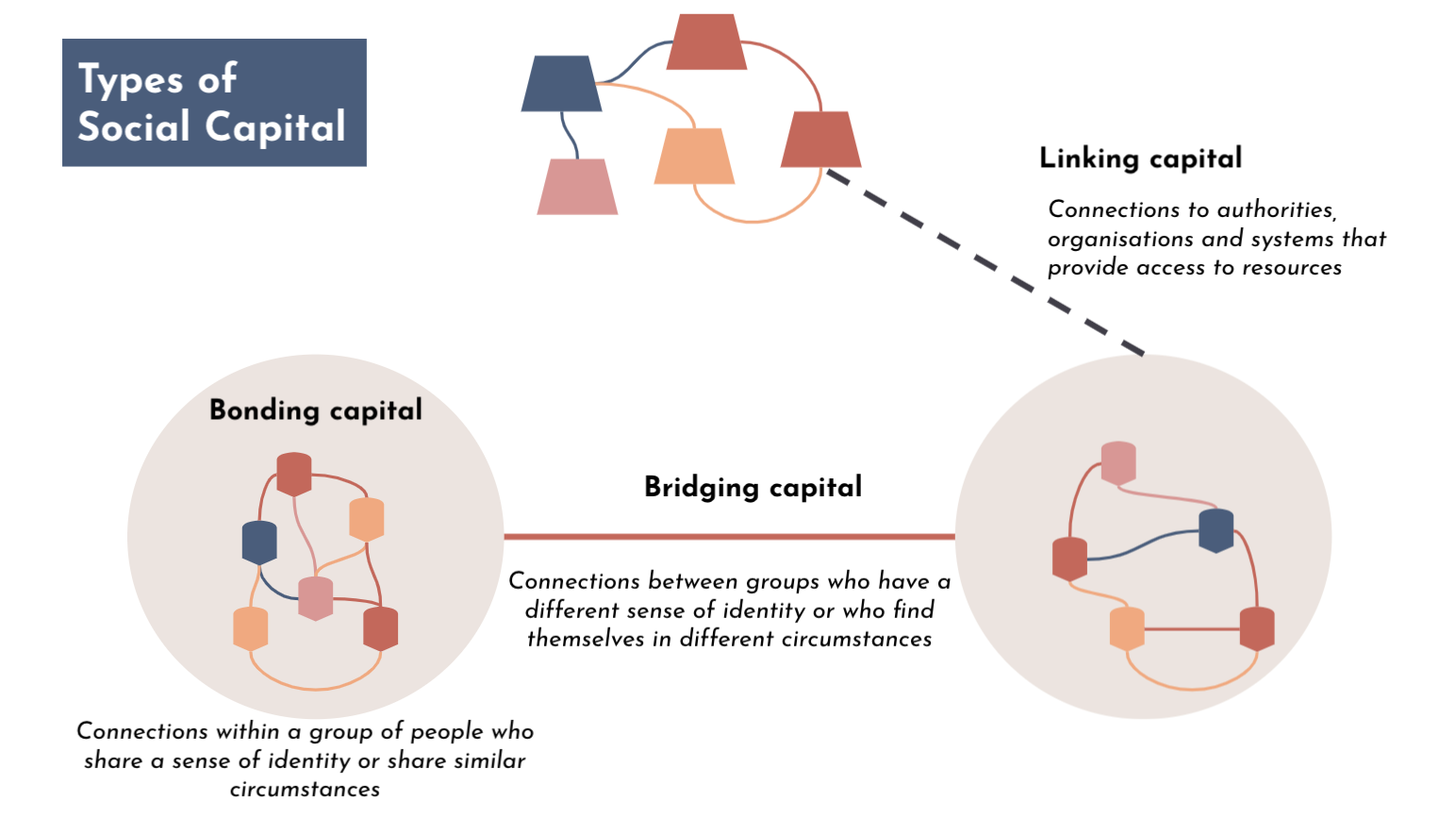
Covid, Cohesion and Building Bridges
In brief In this blog, Neil Denton lays out the importance of building bridges across lines of difference as we move into the next stages of the pandemic and shares an invitation to get involved in our Bridge Builders pilot. Neil is a leader in community mediation and...
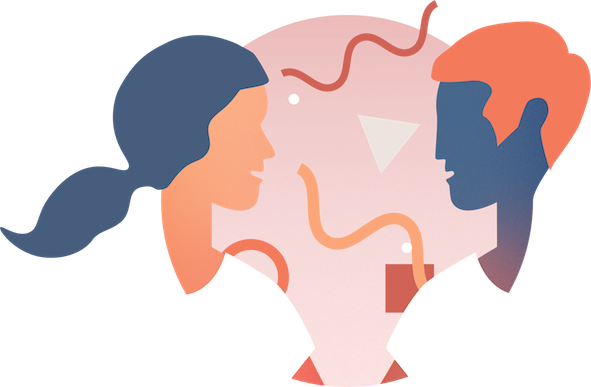
The Relationship Collective: A proposal
Before now... In the summer of 2020 I set out on an open-ended research journey exploring why relationships matter and whether people who put relationships at the heart of their work feel connected to others doing the same. I was lucky to collaborate with The...
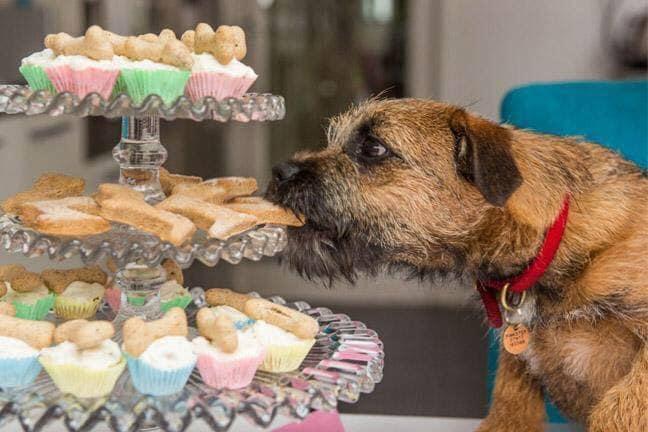
Frauke – Spirit of Lockdown #7
As part of our open call to Share your Story, we received this #SpiritOfLockdown account from Frauke. Frauke set up and managed a local Whatsapp group in her community which Basil the dog played a big part in, keeping spirits high and helping forge community...
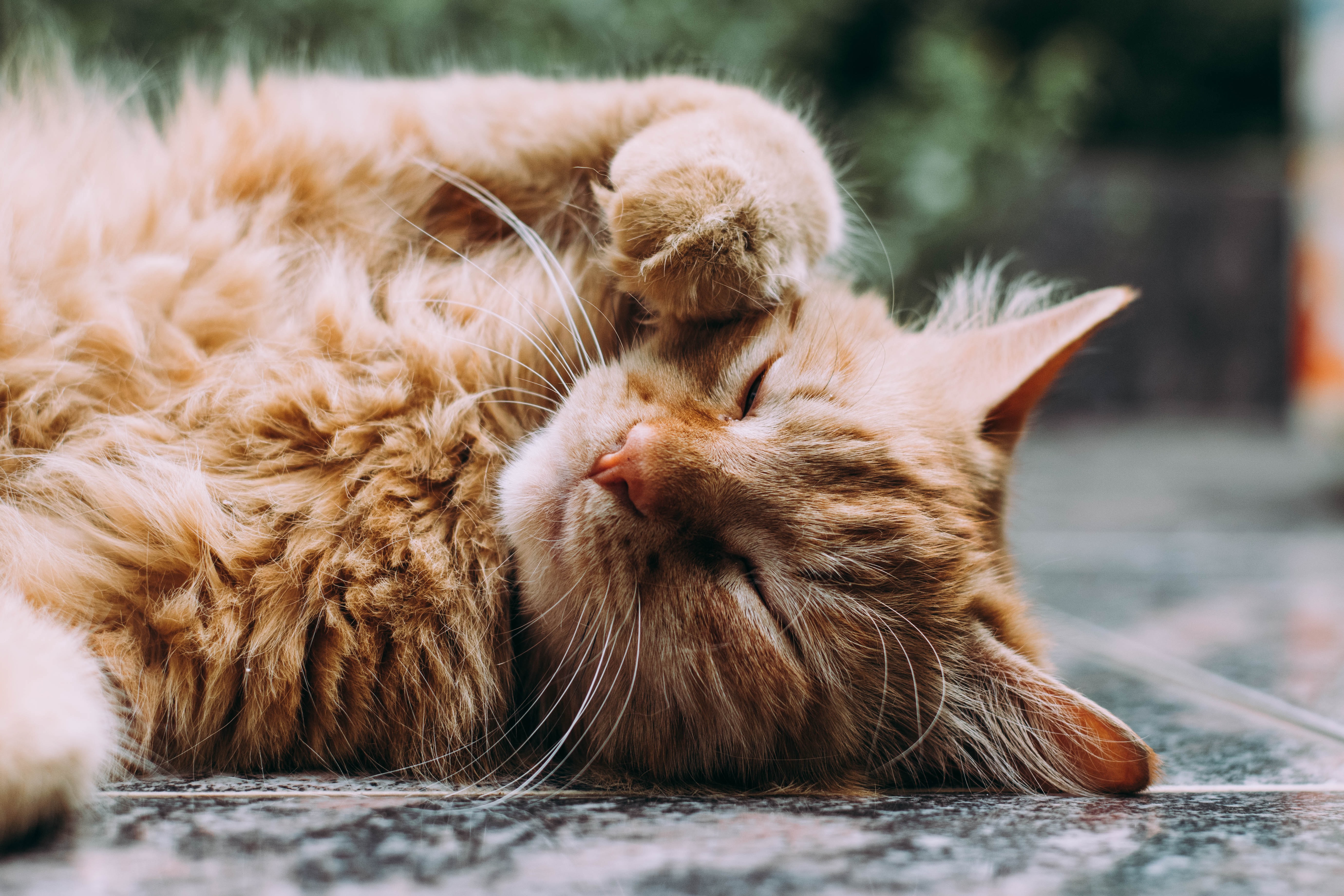
Kate – Spirit of Lockdown #6
As part of our open call to Share your Story, we received this #SpiritOfLockdown account from Kate*. Lockdown offered a Kate the opportunity to take a step back, reassess her life and reflect on the relationships that really matter to her.Setting the Scene: Life...
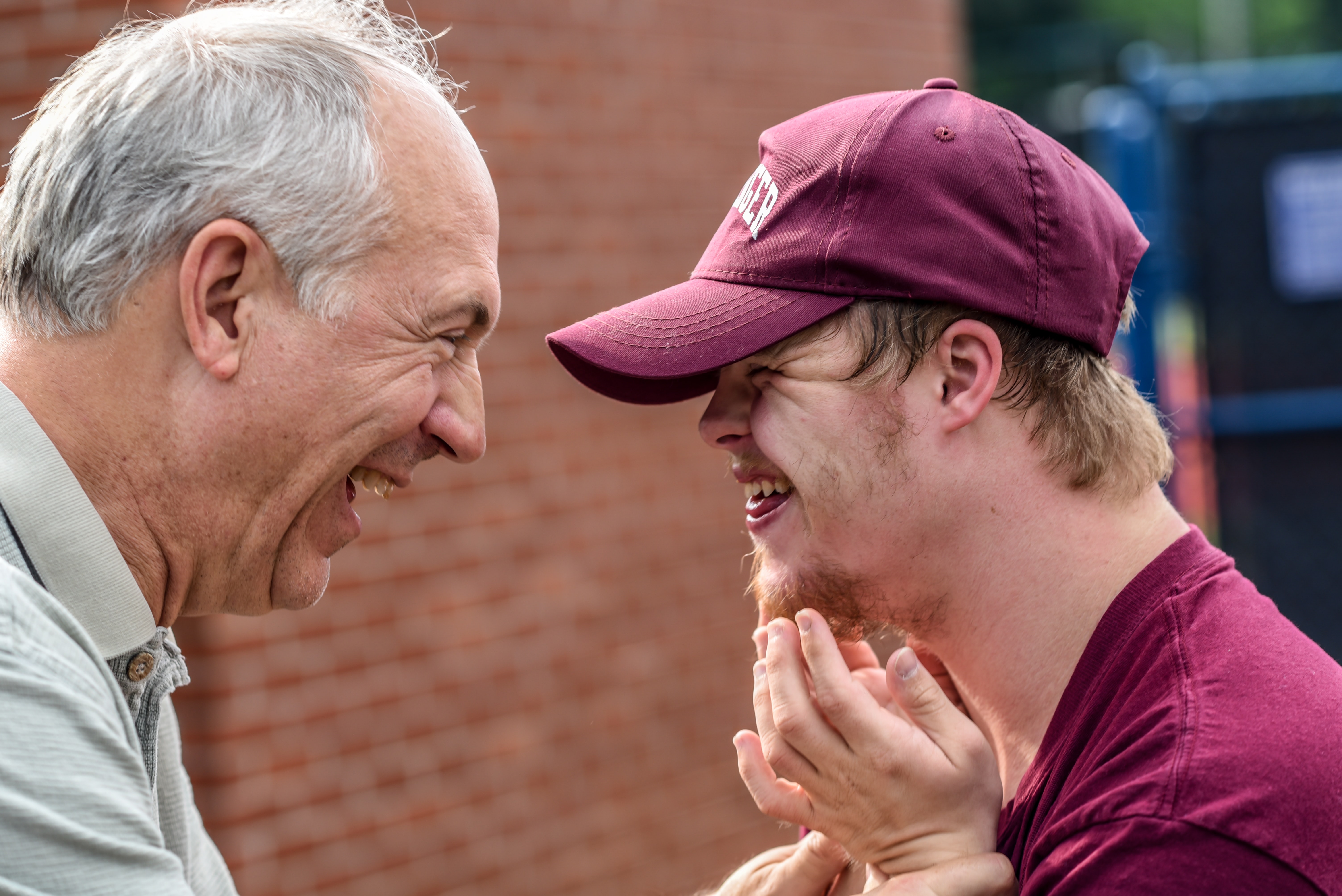
Designing connection into care
In brief Covid has shone a light on the relationship between social care and social connections. With the UK Government's social care reforms on the horizon, Sam Dalton makes an argument for social care models in which care and connection come hand in hand.Sam is...

Measuring relationships: What’s the problem?
Over the course of hundreds of conversations about relationships, Iona Lawrence identified a shared challenge around measurement: We don't know how to measure relationships or whether the game of measurement is futile. In this blog, we seek to kickstart a generative...
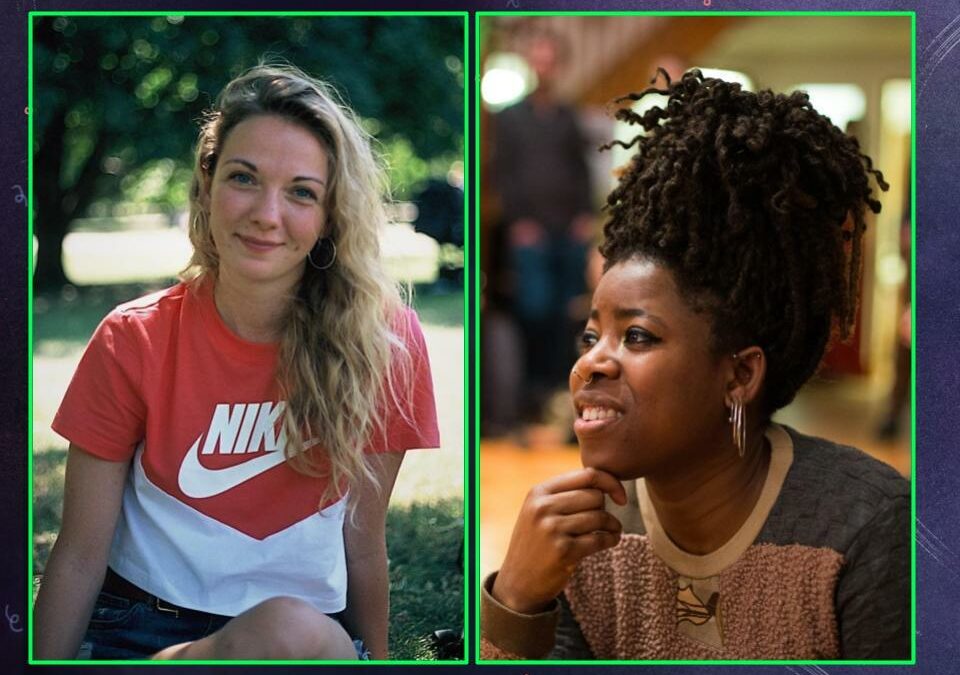
Relationships are Everything
In brief Enrol Yourself takes a relationship-centred approach to lifelong learning, connecting adults into peer groups that help each individual multiply their learning over 6 months. Enrol Yourself train 'Hosts' who lead these peer groups. We're featuring a mini blog...
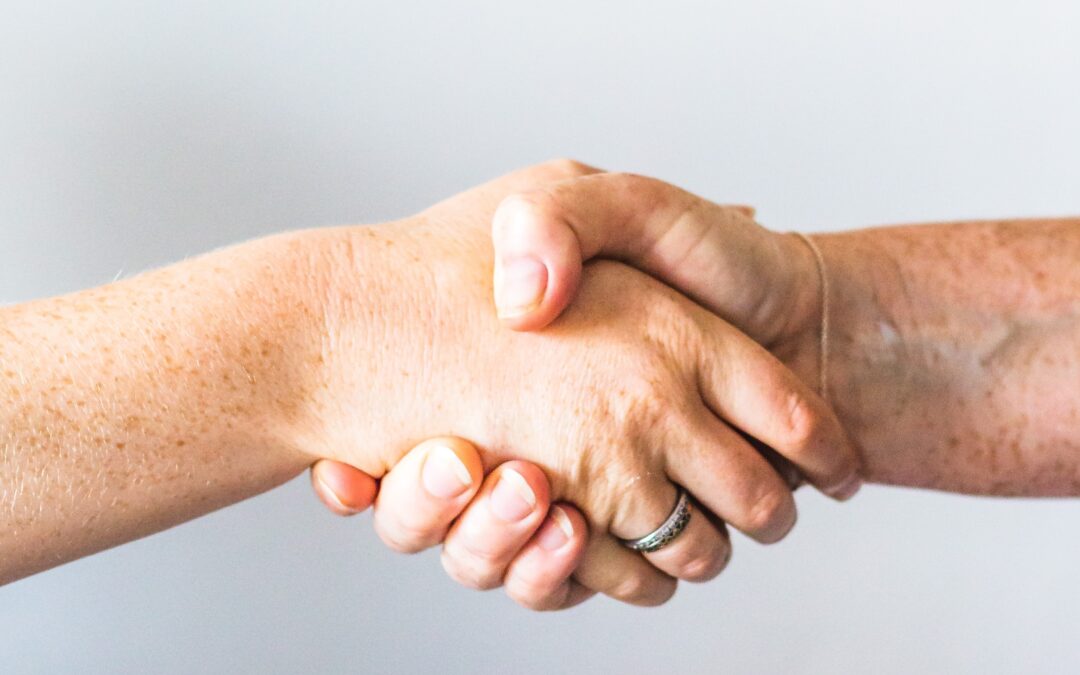
Collection from Swansea – Spirit of Lockdown #5
As part of our open call to Share your Story, we received this #SpiritOfLockdown collection from the Local Area Coordinators in Swansea. These seven people tell us about their experience and their journeys of the past turbulent year.
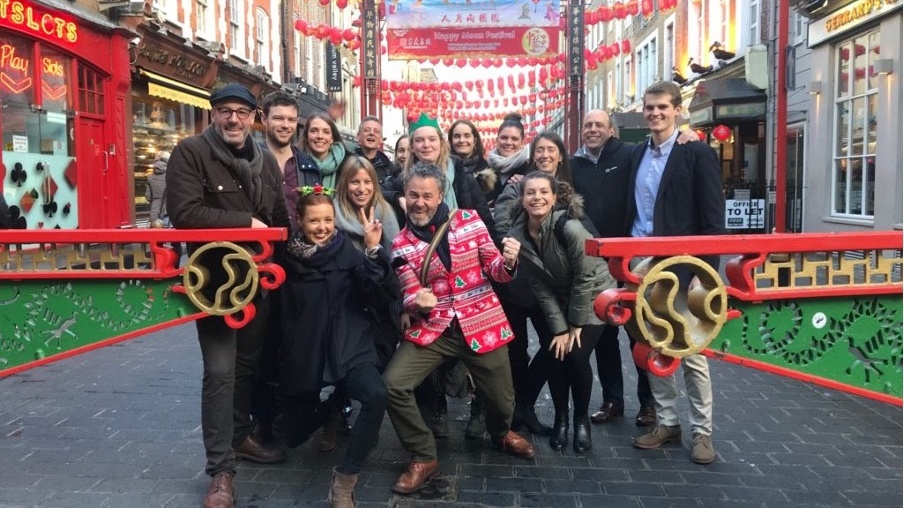
Good Business – Heatmap in Action
We know as a business that relationships are important to us and drive much of our work. We were excited to use the Relationships Heatmap tool to help us focus on relationships, and give us space and scaffolding to structure our thinking.
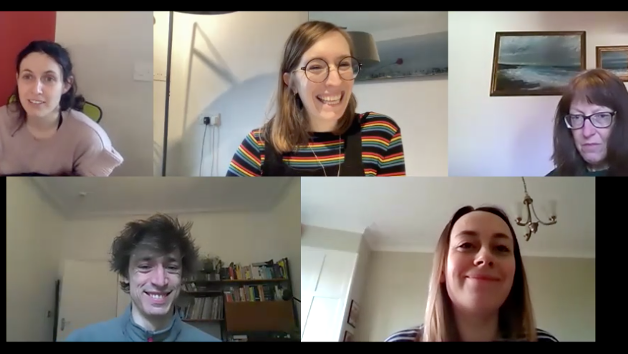
Carnegie Trust UK – Heatmap in Action
In our work on kindness and flourishing towns, we’ve thought a lot about how we create the conditions for relationships in communities. We were interested to use the Heatmap to see how it works and what we could learn about our relationships with a much broader network of people and organisations.
